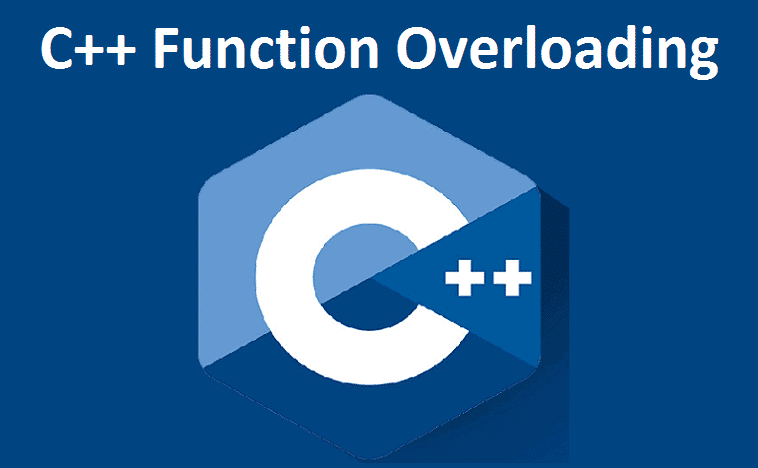Introduction:
C++ is a versatile language that supports various programming paradigms such as procedural, object-oriented, and generic programming. One of the key features of C++ is its support for function overloading, which allows developers to define multiple functions with the same name but different parameter lists. This feature is known as overloaded functions.
Overloaded functions:
Overloaded functions are functions that have the same name but different parameters. The parameters can differ in terms of their number, order, or types. When a function is called, the compiler determines which version of the function to call based on the number and types of the arguments passed to it.
For example, consider the following overloaded functions:
void print(int value)
{
std::cout << "Value: " << value << std::endl;
}
void print(double value)
{
std::cout << "Value: " << value << std::endl;
}
void print(const std::string& value)
{
std::cout << "Value: " << value << std::endl;
}Here, we have three overloaded functions with the same name, print, but different parameter types. The first function takes an integer, the second takes a double, and the third takes a string. Depending on the argument passed to the print function, the compiler will determine which version of the function to call.
When to use overloaded functions:
Overloaded functions are useful when we need to perform the same operation on different types of data. Instead of writing multiple functions with different names, we can use the same name and overload it with different parameter types. This makes the code more readable and easier to maintain.
For example, let’s say we have a function that calculates the area of a rectangle:
double calculateArea(double length, double width)
{
return length * width;
}We can overload this function to calculate the area of a circle and a triangle as well:
double calculateArea(double radius)
{
return 3.14 * radius * radius;
}
double calculateArea(double base, double height)
{
return 0.5 * base * height;
}Now, depending on the shape we want to calculate the area of, we can call the appropriate version of the calculateArea function.
Benefits of overloaded functions:
Overloaded functions provide the following benefits:
- Readability: Overloaded functions make the code more readable by allowing us to use the same name for similar operations.
- Flexibility: Overloaded functions provide flexibility by allowing us to perform the same operation on different types of data.
- Reusability: Overloaded functions promote reusability by reducing the need to write multiple functions with different names for similar operations.
- Polymorphism: Overloaded functions provide a form of polymorphism by allowing us to use the same name for similar operations on different types of data.
Limitations of overloaded functions:
Overloaded functions can be confusing if not used properly. Here are some limitations to consider when using overloaded functions:
- Ambiguity: Overloaded functions can be ambiguous if the parameter types are too similar. For example, having overloaded functions with
intandlongtypes can cause confusion when passing arguments. - Code complexity: Overloading functions can increase code complexity, especially when multiple overloaded functions have to be maintained.
- Function signatures: Overloading functions can result in function signatures that are difficult to read and understand, especially if the functions have complex parameter lists.
Conclusion:
Overloaded functions are a powerful feature of C++ that allows developers to write more readable and maintainable code. Overloading functions can make code more flexible and reusable by allowing the same operation to be performed on different types of data. However, overloading

